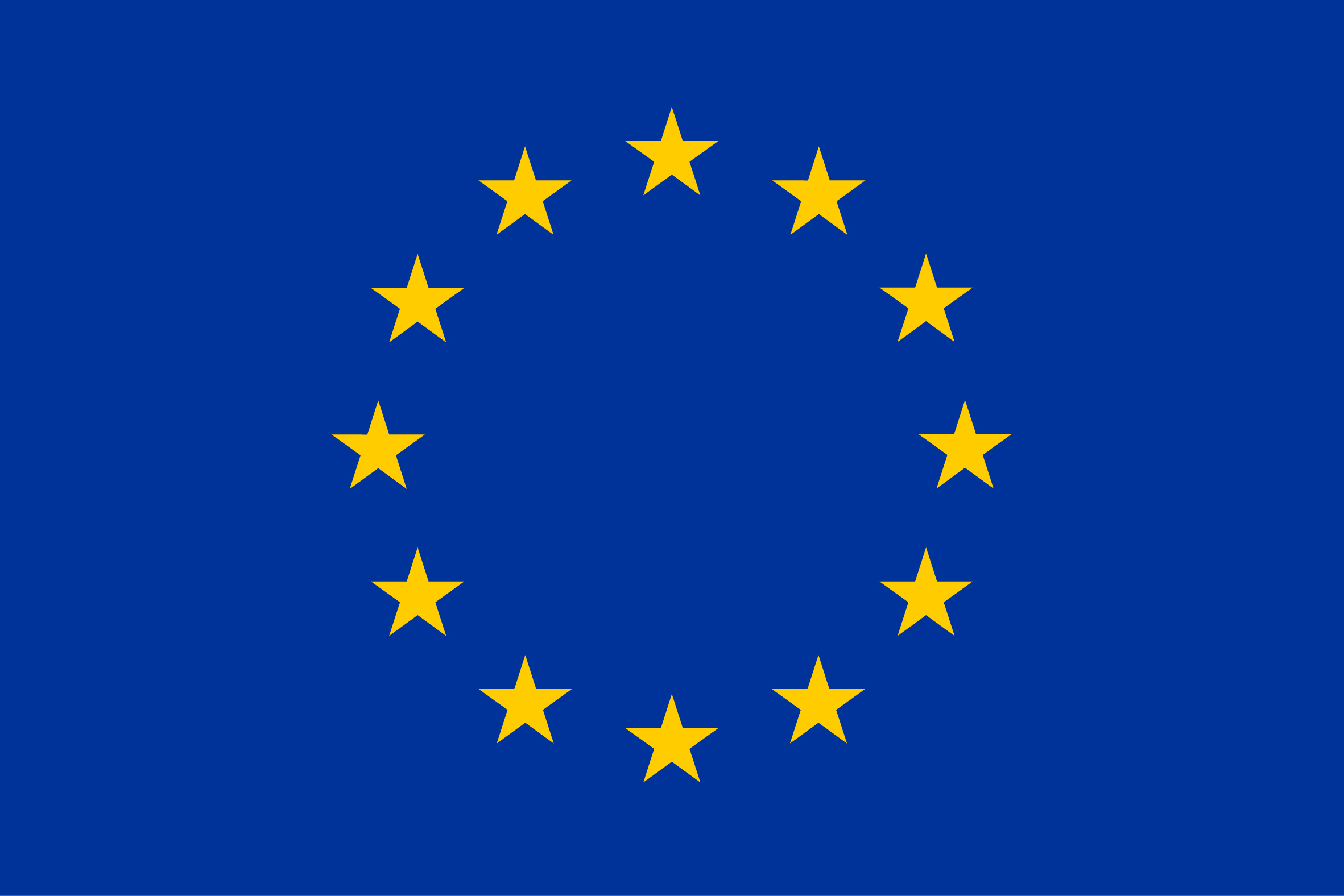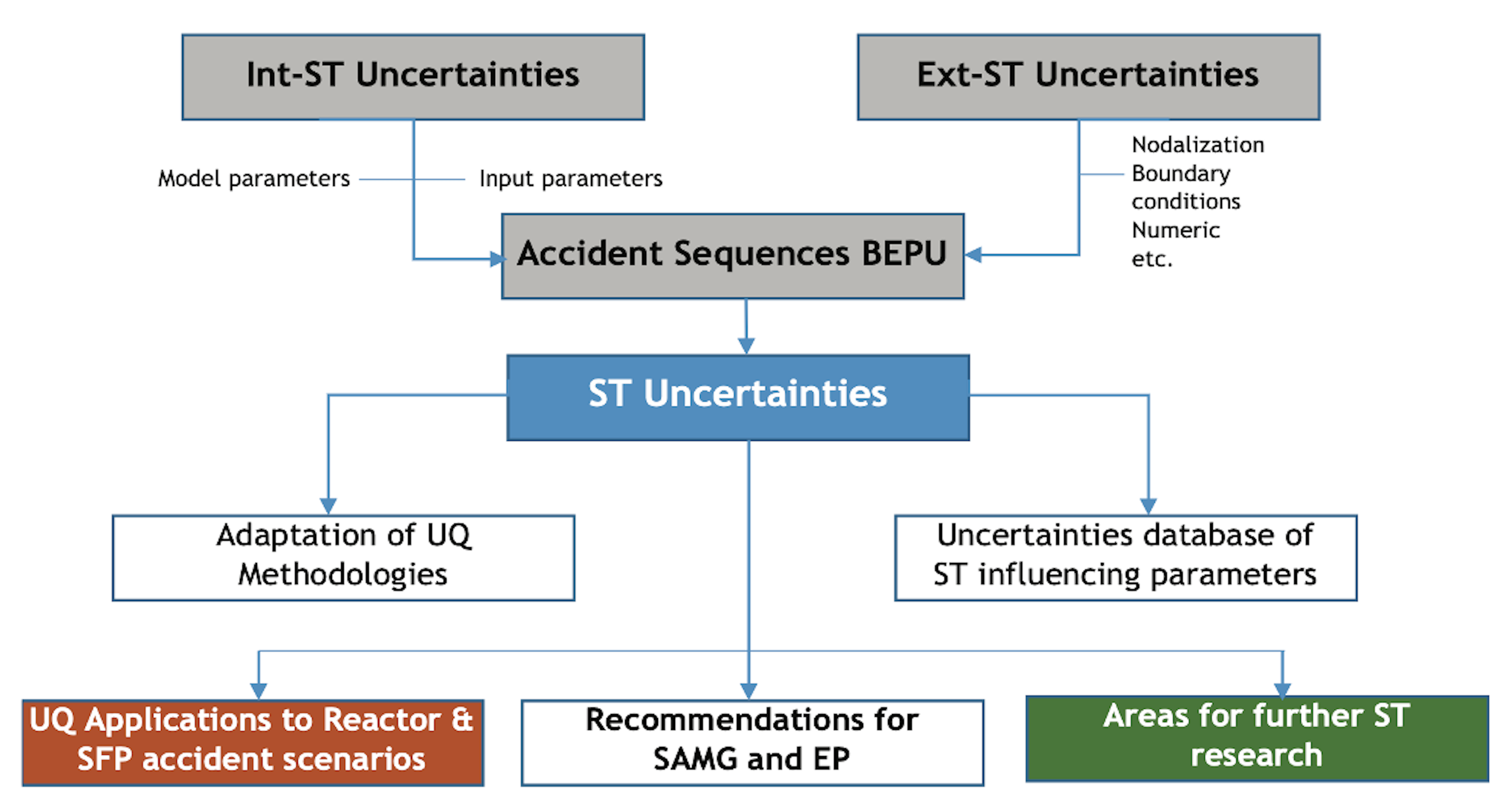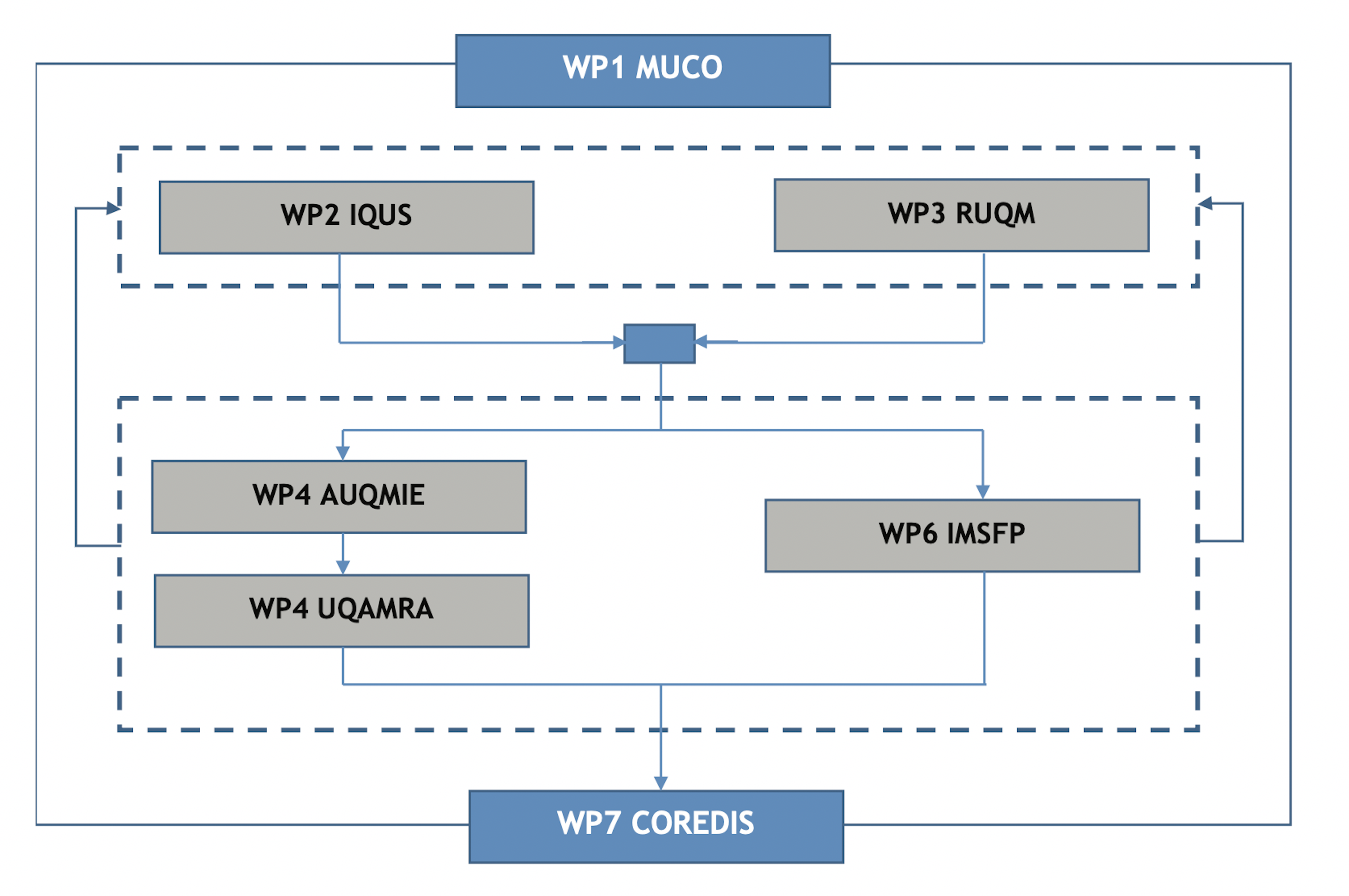Application of Uncertainty Quantification Methods against Integral Experiments (AUQMIE) in the EU-MUSA project

Management and Uncertainties Of Severe Accidents (MUSA) project was founded in HORIZON 2020 EURATOM NFRP-2018 call on “Safety assessments to improve accident management strategies for generation II and III reactor, and it is coordinated by CIEMAT (Spain). The project started on the 1st June 2019 and the planned duration is 48 months; the overall cost is 5.768,452.50. 28 Organizations from 16 Countries are involved, and it has the NUGENIA label that recognizes the excellence of the project proposal (obtained on 7 July 2018).
MUSA project aims to establish a harmonized approach for the analysis of uncertainties and sensitivities associated with Severe Accident (SA) analysis among EU and non-EU entities. The main objective of the project is to assess the capability of SA codes when modelling Nuclear Power Plant (NPP)/ Spent Fuel Pool (SFP) accident scenarios of GEN II, GEN III designs through the:
- Identification of Uncertainty Quantification (UQ) methodologies to be employed, with emphasis on the effect of both existing and innovative SA Management (SAM) measures on the accident progression, particularly those measures related to the Source Term (ST) mitigation;
- Determination of the state-of-the-art prediction capability of SA codes regarding the ST that potentially may be released to the external environment, and to the quantification of the associated code’s uncertainties applied to SA sequences in NPPs and SFPs.
MUSA has an “innovative research agenda” in order to move beyond the state-of-the-art regarding the predictive capability of SA analysis codes by combining them with the best available or improved UQ tools. By doing so, not only the prediction of timing for the failure of safety barriers and of radiological ST will be possible, but also the quantification of the uncertainty bands of selected analysis results, considering any relevant source of uncertainty, will be provided. The achievement of the overall objective is assured by a consistent and coherent work programme (Figure 1), reflected in the technical Work Packages structure (WP) (Figure 2).

|

|
In this framework the WP4, named AUQMIE (Application of UQ Methods against Integral Experiments), is aimed at applying and testing UQ methodologies, investigated in the WP3, lead by KIT, against the internationally recognized PHEBUS FPT1 test. The WP4, lead by ENEA, is divided in three main subWPs: the specification phase (WP4.1) lead by IRSN, the calculation phase (WP4.2) lead by GRS, and the analyses of the results (WP4.3), lead by UNIPI. Partners involved are CIEMAT, CEA, CNPRI, CNSC, CNPE, ENEA, LLC ENERGORISK, EPRI, GRS, INRNE, IRSN, KIT, LEI, NPIC, PSI, SNERDI, TRACTEBEL, SSTC NRS, TUS, UNIPI, UNIRM1, USNRC, VTT. This UQ application will train the project Partners gaining experience in the Uncertainty and Sensitivity Analyses (UaSA). WP4 will also provide a platform of discussion for proposing solutions if some issues arise during the UaSA applications and this experience will be used as a technical background for the full plant, WP5 lead by JRC, and SFP, WP6 lead by IRSN, UaSA application. The selection of the Figure of Merits (FOMs) of the uncertainty analyses (e.g., release of iodine from the test fuel bundle, amount of suspended iodine in the containment’s atmosphere, etc) and of the main uncertainty sources have been done in WP2, lead by GRS.
The duration of the WP4 calculation phase is 12 months. Based on the schedule, the WP4 calculation phase starts in July 2020 and will finish in July 2021. The first 6 months of the calculation phase (from July to December 2020) Partners are involved in the calculation of the reference case and in discussions for a consolidation of the FOMs and the input uncertainty parameters (and related range values and distribution type). Along the second 6 months (from January to June 2021), Partners are involved in the development of the uncertainty analyses. The first intermediate reporting meeting has been done the 18th January and all the Partners involved show the progress of the activity done in the first 6 months and at the moment no major delay have been underlined in relation to the COVID-19.
This project has received funding from the Euratom research and training programme 2014-2018 under grant agreement No 847441.
Fulvio Mascari
ENEA
fulvio.mascari@enea.it